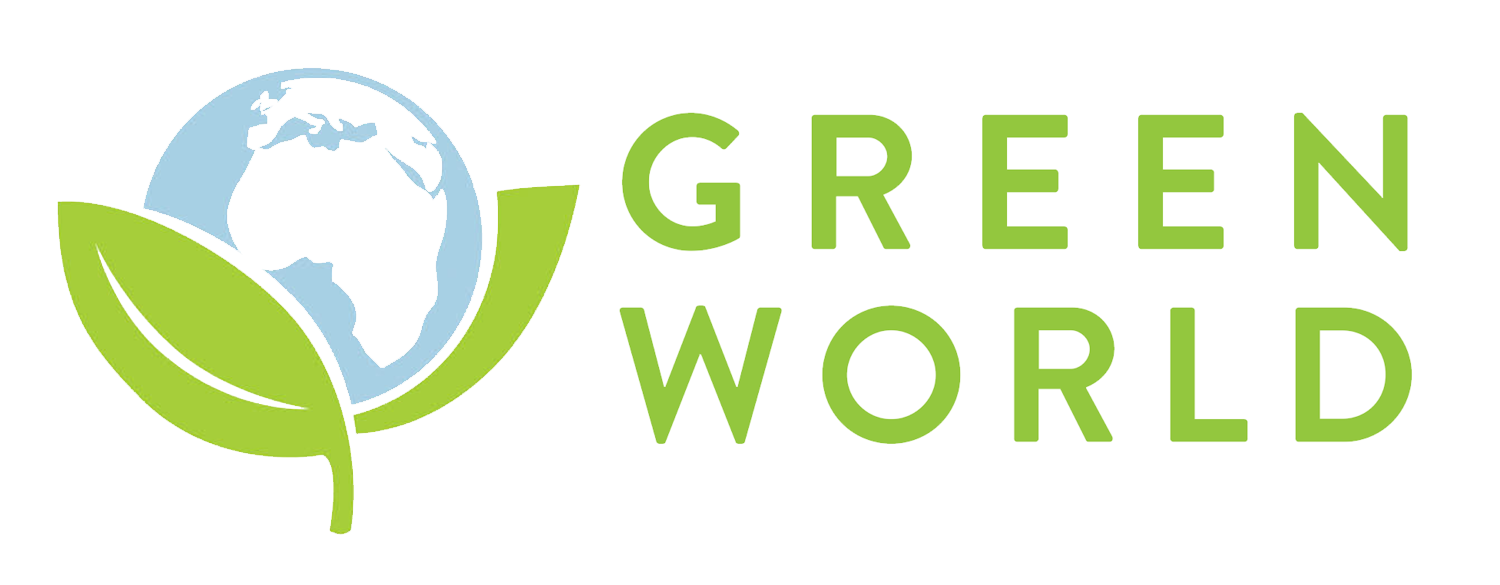WHERE WE WORK
India
Adhar Farm, Salepally Village, Orissa
With local community leaders and women’s groups, a small pilot project of 5 hectares on leased land launched our first collaboration with UK’s “Wherever the Need.” Another project was growing grass for making brooms along with planting trees. The group members and ADHAR took joint responsibility of protecting trees planted and reporting.
Among the trees species being planted were Neem, Sal, Shegun, Shishu, Gambhari, Chakunda, Arjun, Bamboos.
Biofuel Trees, Healing Land, Creating Rural Income.
How it happened: In early summer, 2010, visiting the UK to deliver a paper at Oxford, GWC founder Marc Barasch attended a birthday party at a swimming hole for an old friend who’d founded the Be the Change organization. As people cannonballed into the water, he struck up a conversation with David Crossweller, director of Wherever the Need, a UK charity that builds ecological composting toilets. Made simply and cheaply with local labor and materials, they have a sophisicated design that, aside from providing vital sanitation, produce "humanure” for fertilizer . Adding trees seemed to the two men a logical and useful component for a holisic model.
The Green World Campaign's first pilot project was for 2500 trees at the Adhar Farm in Salepally village in the Sonepur district of Orissa. 1.6 hectares were placed under a forestry regime, complementing 2 hectares for agricultural production. A farm pond was dug in the remaining 0.4 hectare land. This farm pond will also recharge the ground water body;as well as water can be taken on dire need of watering to the crop / plantation.
“Thirty years back, we used to have four to five months continuous rain and had more than enough to live with forest produce like honey and spices. Now, there is nothing and hardly getting 15 to 20 days rain; all because of the indiscriminate cutting of the trees by the forest department and also by our people.” ”
There are 230 houses in this village, mostly “low-caste,” tribal people who are 85 percent illiterate. This area is an example of the connection between poverty, lack of education, deforestation and climate change. The area once had a good forest cover, but illegal cutting of trees for timber and firewood made it more or less barren. As a result, the average rainfall of 1,360 mm has been reduced to 420 mm in the recent years. With no regular agricultural activities and with very little opportunity for regular employment, the conditions of the people here have been getting worse. Those who have some land are not able to do any cultivation, because the poor economic conditions prevent them from investing in farming activities. Hence, cutting down whatever trees and brush remain in the area and selling it in the nearby villages/towns is the only source of income for the people.
The goal: Plant 1 million oil-seed trees. Bring sustainable income to 600 women in in 15 villages. Restore barren land to health. Create new forests that heal the soil, absorb CO2, and alleviate poverty.
In one proposed program, 600 women in the Beed District in 15 villages will be mobilized to grow trees on barren wastelands. A focus will be on helping women and youth among the rural poor create robust new income streams through better use of the few resources available to them (rainwater, surplus labor, and large amounts of unproductive land) by planting and maintaining an increasingly valuable asset: forests. Upfront financial, technical, and operational support would be provided to help targeted communities overcome challenges in planting trees, and 3 years of support until the forests become productive and self-sustaining.
The world has increasingly recognized the urgent need to plant trees to absorb the extra atmospheric CO2 that is causing increasing climate change. A 1 million tree project could help sequester or displace 500,000 tons of CO2 over the first 20 years.
Green World Campaign will work with this program and others to ethically realize the offset value of trees and create new revenue streams for villagers, supporting ecologically sound development. This global intiative will helps compensate communities for the key environmental benefits they produce for the region and for the world.
Carbon offsets may also accrue by turning pressed-out jatropha seedcake into biochar, a form of organic charcoal produced by a process of nearly emission-free pyrolysis, that is then buried in the ground as fertilizer, permanently sequestering carbon in the soil.
GWC’s proposed partner, CleanStar Trust, has been developing and testing innovative programs around renewable energy in central India for the last 3 years in partnership with leading agriculture universities, the Tata Institute of Social Sciences, Yale University, the Acumen Fund, and local NGOs. Their work recently won recognition from New Ventures India, a sustainable development accelerator established by USAID, the Confederation of Indian Industry, and the World Resources Institute, Washington.



